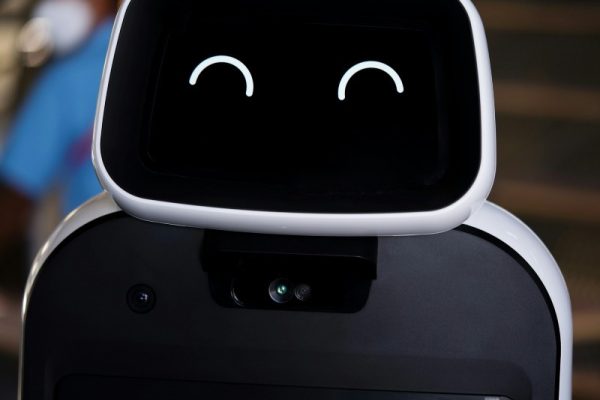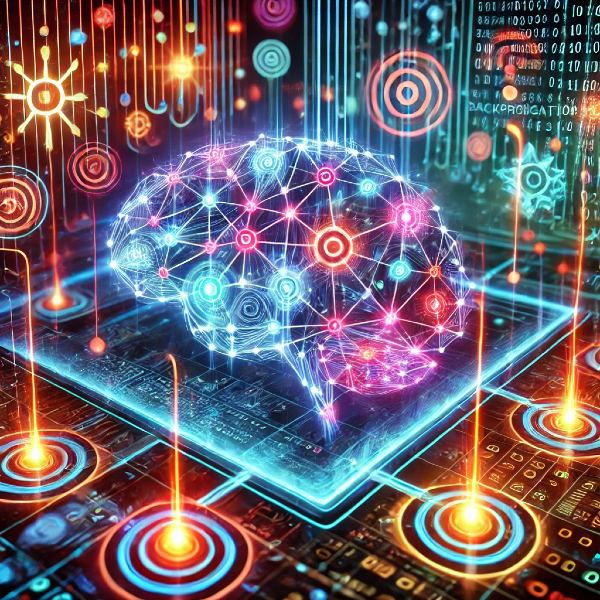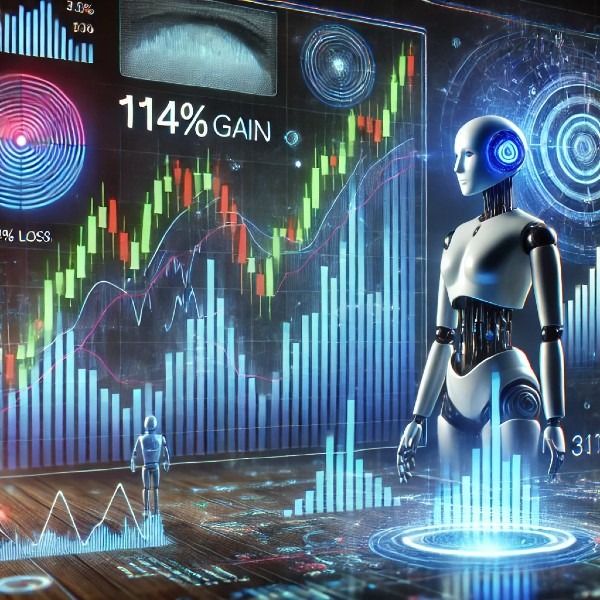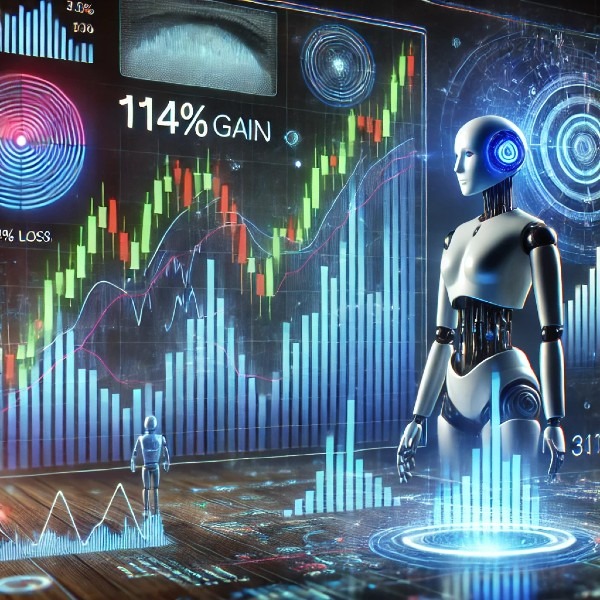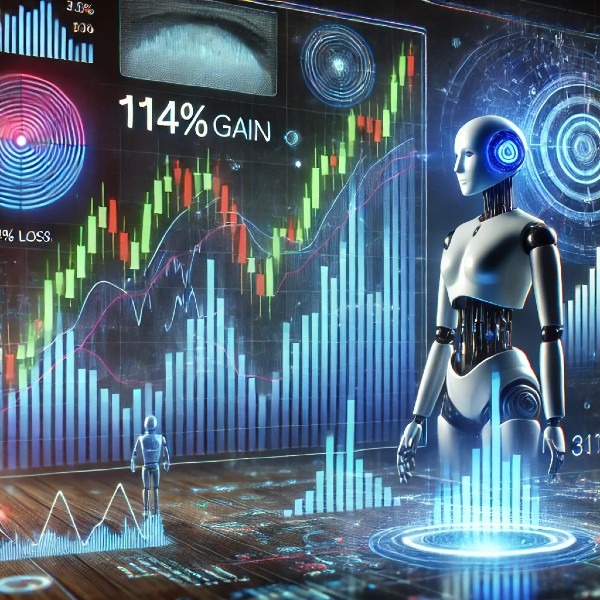Welcome to the exciting and mysterious world of Black Box AI! Imagine a magician who performs amazing tricks but never reveals how they are done. That’s a lot like Black Box AI – a type of artificial intelligence where we can see the amazing things it does, but we don’t really understand how it works inside. It’s a fascinating area of technology that’s becoming more and more important in our lives, from the apps on our phones to self-driving cars.
In this blog post, we’ll dive into the role of Black Box AI in different fields like marketing, robotics, and its legal aspects. We’ll also explore how developers and data scientists work with this technology. If you’re curious about how these smart systems are changing our world, keep reading! We’re going to break it down in a way that’s easy to understand, even if you’re not a tech expert.
Marketing
In marketing, Black Box AI is like having a crystal ball that can predict what customers want. Companies use this technology to analyze lots of data, like what people buy or how they browse online. From this, they can figure out what kind of ads to show you or what products to recommend. It’s a powerful tool that helps businesses understand their customers better and sell more effectively.
But, this AI isn’t perfect. Sometimes it might recommend something that doesn’t make sense, like suggesting snow boots to someone who lives in a tropical climate. That happens because it’s making decisions based on the data it has, and sometimes that data isn’t complete or is misinterpreted. Marketers need to keep an eye on their AI tools to make sure they’re working as they should.
Developers and Data Scientists
For developers and data scientists, Black Box AI is like a complex puzzle they’re constantly trying to solve. These tech experts use their skills to build and train AI systems, feeding them with data and adjusting their algorithms. Their goal is to make the AI smarter and more accurate in its tasks, whether it’s recognizing speech or predicting trends.
However, even these experts often find it challenging to understand exactly how Black Box AI makes its decisions. It’s like teaching someone how to ride a bike but not knowing exactly how they balance themselves. This lack of transparency can be a big hurdle, especially when trying to fix errors or improve the system’s performance.
Robotics
In the field of robotics, Black Box AI is the brain behind robots that can learn and adapt. This technology allows robots to perform tasks like sorting packages in a warehouse or assisting in surgeries. The AI analyzes data from sensors and makes decisions on how the robot should act, making these machines more efficient and versatile.
But there’s a catch. When robots make decisions using Black Box AI, it’s often not clear why they made a particular choice. If a robot makes a mistake, figuring out why can be difficult because the decision-making process is hidden. This is why understanding and improving Black Box AI in robotics is crucial for safety and effectiveness.
Myths vs. Facts
Myth: Black Box AI is Always Right
Fact: Black Box AI, like any technology, is not infallible. It makes decisions based on data, and if that data is flawed or limited, the AI’s decisions can be wrong.
Myth: Black Box AI is Completely Unknowable
Fact: While it’s true that Black Box AI is complex and not fully transparent, researchers are making strides in understanding how these systems make decisions. It’s a challenging task, but not impossible.
Myth: Black Box AI Works in Mysterious Ways
Fact: Even though the inner workings of Black Box AI are complex, its operations are based on algorithms and data. It’s not magic; it’s advanced mathematics and programming.
FAQ
What is Black Box AI? Black Box AI is a type of AI where the way it processes information and makes decisions is not clearly visible or understood. It’s like having a complex machine that gives you answers without showing how it got them.
Why is Black Box AI important? Black Box AI is important because it can handle complicated tasks that are too difficult or time-consuming for humans. It’s used in many areas, from healthcare to finance, making processes more efficient and smarter.
Can Black Box AI be trusted? Trusting Black Box AI can be challenging because of its lack of transparency. It’s important to continually check and validate its decisions. Just like you wouldn’t ride a bike with your eyes closed, you shouldn’t blindly trust AI’s decisions.
How do developers work with Black Box AI? Developers and data scientists work with Black Box AI by training it with data and fine-tuning its algorithms. They try to improve its accuracy and reliability, even though they can’t always see how it’s making decisions.
What are the legal implications of Black Box AI? The legal implications of Black Box AI are significant. Since it’s not always clear how AI makes decisions, it raises questions about responsibility and accountability. If an AI system makes a wrong decision, figuring out who is responsible can be complicated.
Google Snippets
Black Box AI: “Black Box AI refers to artificial intelligence systems where the decision-making process is opaque and not easily understandable.”
AI in Marketing: “AI is revolutionizing marketing by enabling personalized customer experiences and data-driven decision making.”
AI in Robotics: “Robotic systems powered by AI are becoming more autonomous, capable of performing complex tasks with minimal human intervention.”
Black Box AI Meaning
Tech Dictionary: “Black Box AI is a type of AI where the internal workings are hidden from the user, making the system’s logic and decision-making process a mystery.”
AI Researcher’s Definition: “In Black Box AI, the algorithms that process data and make decisions are not transparent, making it difficult to trace how conclusions are reached.”
Simple Explanation: “Black Box AI is when an AI system gives you results, but doesn’t clearly explain how it reached those conclusions.”
Did You Know?
- The term “Black Box” in Black Box AI originally comes from aviation, where black boxes record flight data but are not easily understood.
- Black Box AI can process vast amounts of data in a fraction of the time it would take humans, but understanding the ‘how’ and ‘why’ behind its decisions remains a challenge.
To sum up, Black Box AI is a fascinating but complex field that impacts many areas of our lives, from the ads we see online to the robots that could be part of our future. While it offers incredible capabilities, it also brings challenges in understanding and trust. As we continue to advance in technology, the journey to demystify Black Box AI will be crucial in harnessing its full potential for good, while also addressing its limitations and ensuring ethical use.
References
- Explainable AI that uses counterfactual paths generated by conditional permutations of features. This method is used to measure feature importance by identifying sequential permutations of features that significantly alter the model’s output. The paper discusses the evaluation strategy of comparing the feature importance scores computed by explainers with the model-intern Gini impurity scores generated by the random forest, which is considered as ground truth in the study.
- Thinkful offers insights on how to address the “black box” problem in AI through Explainable AI (XAI) and transparency models. They discuss techniques like Feature Importance Analysis, Local Interpretable Model-agnostic Explanations (LIME), SHapley Additive exPlanations (SHAP), Model Distillation, and Decision Rules, which are designed to make AI models more interpretable and transparent. This is especially important in applications where decisions can have far-reaching consequences, such as healthcare or finance

